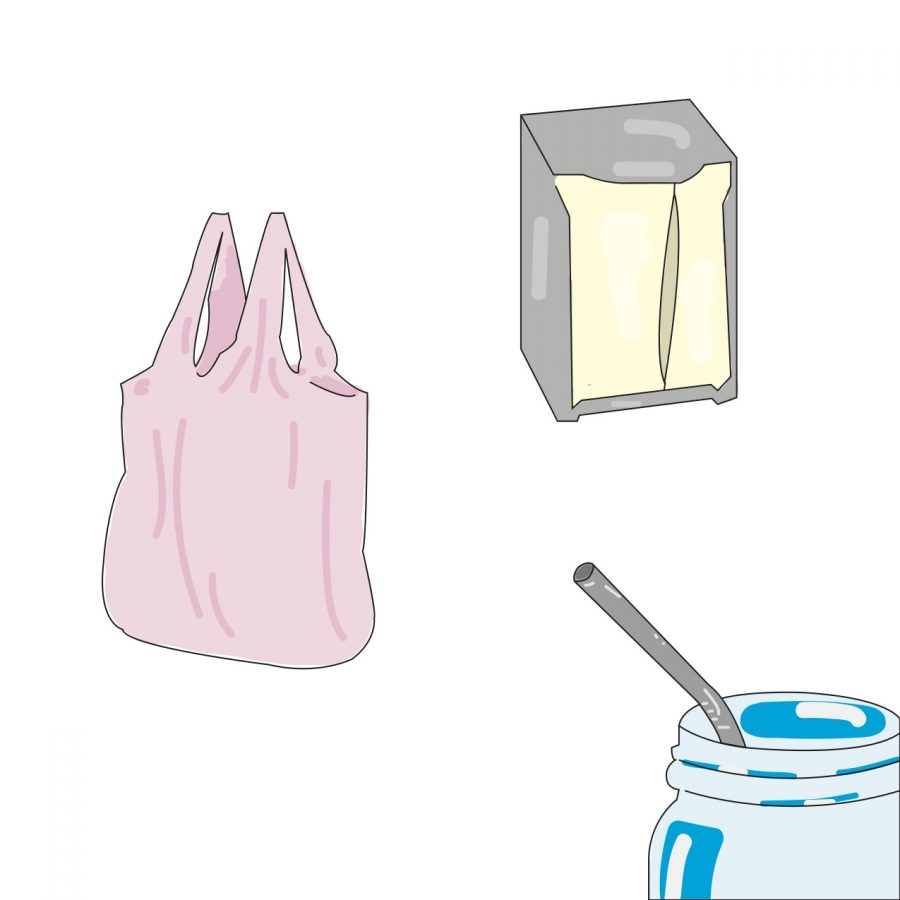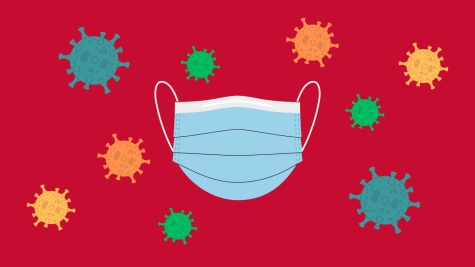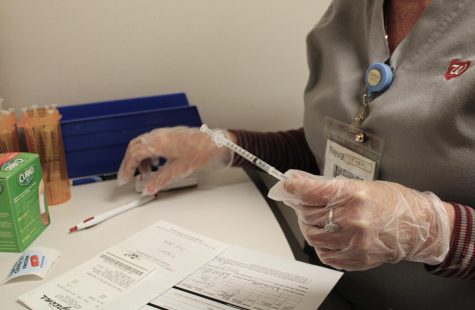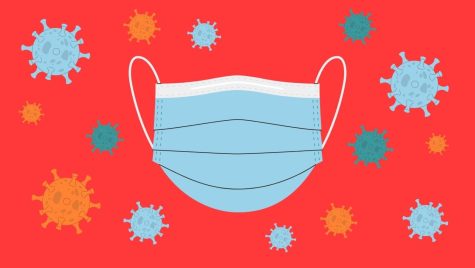9 ways to be sustainable on and off the Hill
April 21, 2020
As part of the global call for a move toward sustainability, WKU has been taking steps toward a more environmentally-friendly campus for years now. Here are 10 ways for students to participate in that movement, both on the hill and at home.
1. Decide against a straw
At this point, it’s just wrong to use a straw. Refusing straws has become trendy and acceptable in popular culture, so if you don’t do it for the sake of the environment, at least do it for the sake of society. Starbucks offers Nitro Lids, and you know how to drink off the lid of a cup.
2. Tell them what you don’t need
Some restaurants have switched to paper and compostable materials, but it doesn’t hurt to refuse the bag that you don’t need or opt against a lid for your cup. It keeps waste out of the trash and decreases the materials that must be recycled.
3. Separate your waste
The food courts on campus and in places like malls have established three different bins: waste, recyclables, and compostables. Take a few extra seconds out of your day to clean out your to-go box or cup into the compostables bin and toss your containers into the recyclables bin — they can be recycled as long as you’ve gotten them down to “the last bite.” Really, only plastic that isn’t type 1-7 should be going into the waste bin.
4. Invest in reusable utensils and containers
While you’re at it, bring your own spoons, forks, knives and straws to your meals. That will save more plastic than you know. Starbucks rewards you with a $0.10 discount if you bring your own cup. Put your leftover food in tupperware so that you save a styrofoam box. That will cut down on waste quite a bit.
6. Borrow and buy used
If you’re a student, you have to buy textbooks — no question about it. However, that doesn’t mean that you need to buy the newest printed version of a textbook. Save paper (and money) by renting from the bookstore, borrowing from a friend or buying books used online. Most of the time, books have been used in classrooms before and you can find them cheaper if you buy or rent them used. It’s a practice that saves you and the environment.
7. Walk or bike to your destinations
Walking and biking from place to place will benefit the environment and your personal health. Driving cars contributes to carbon emissions, which contribute to climate change. If you’re going into town, find a ride with someone who is already going so that you can carpool, or try to catch the bus.
8. Turn off and unplug things that you aren’t using
When you leave your room, flick off the lights and unplug your devices. This will conserve energy, therefore reducing emissions. If your laptop and phone are charged, unplug them — it’s bad for your battery anyway.
9. Refuse plastic bags
Many places, restaurants in particular, will offer you a plastic bag to carry your food in— you don’t need a bag. It’s worth carrying your box in one hand and your drink in the other if you can save a plastic bag from going into a landfill. They aren’t recyclable.
Features reporter Julianna Lowe can be reached at 270-745-6291 and [email protected]. Follow Julianna on social media at @juliannalowe.




















